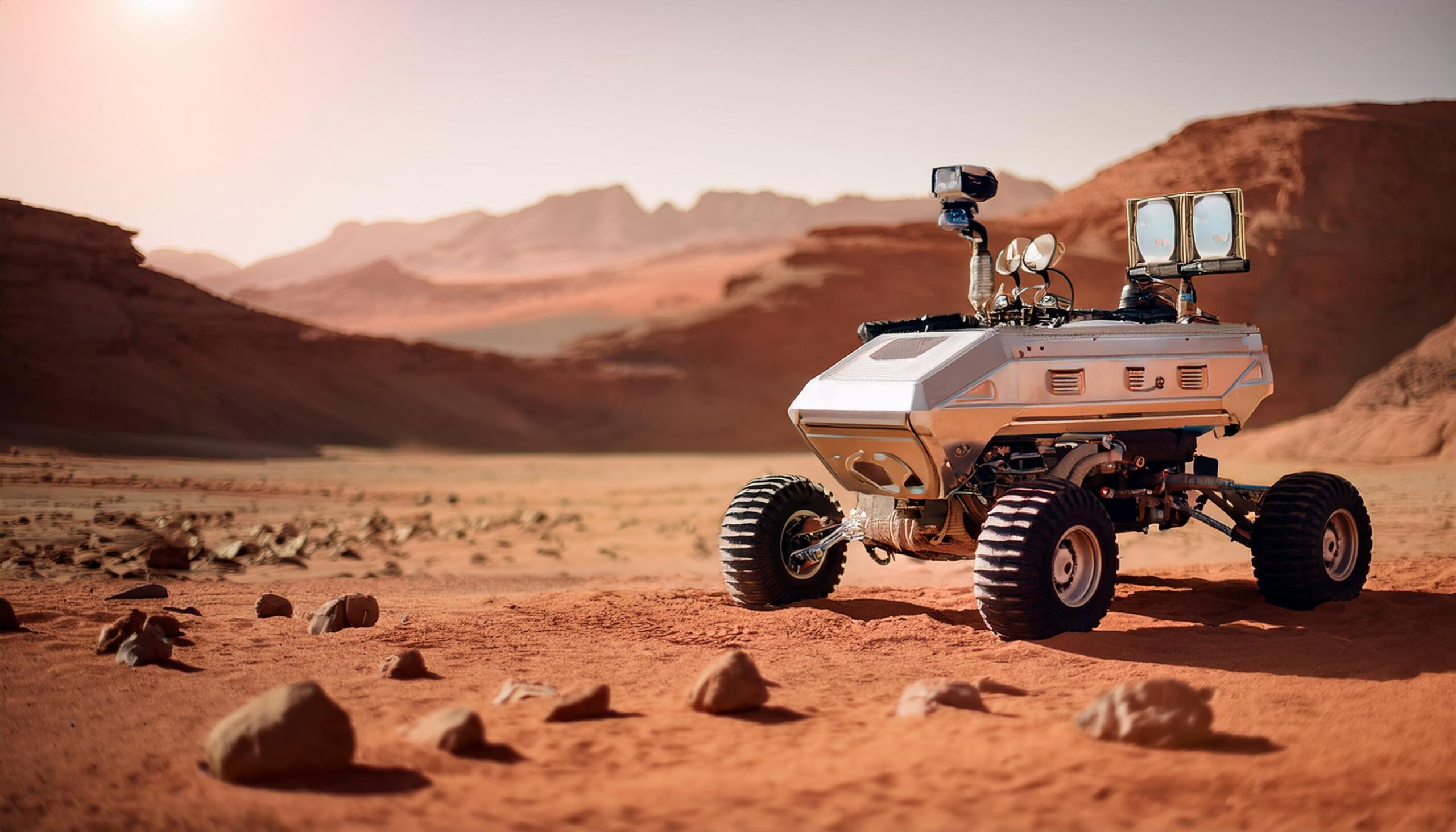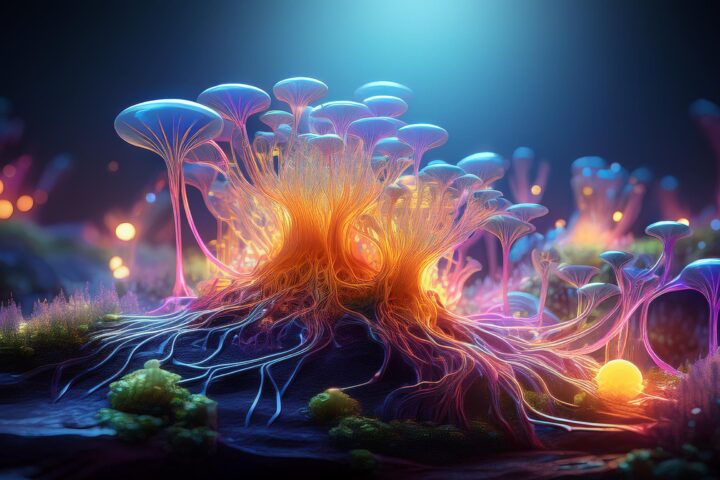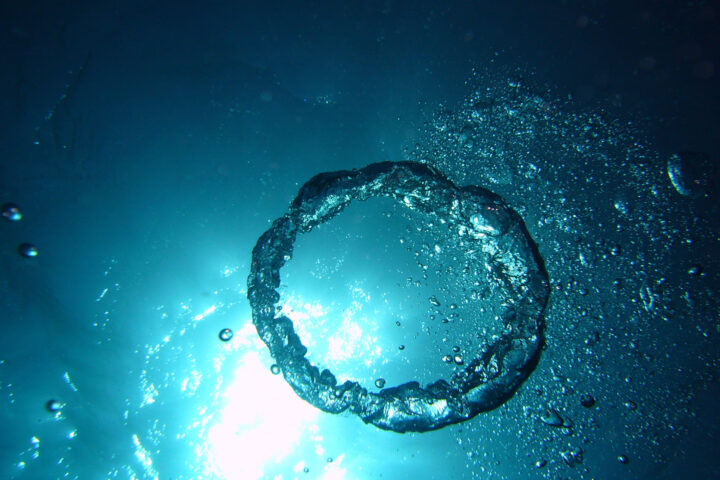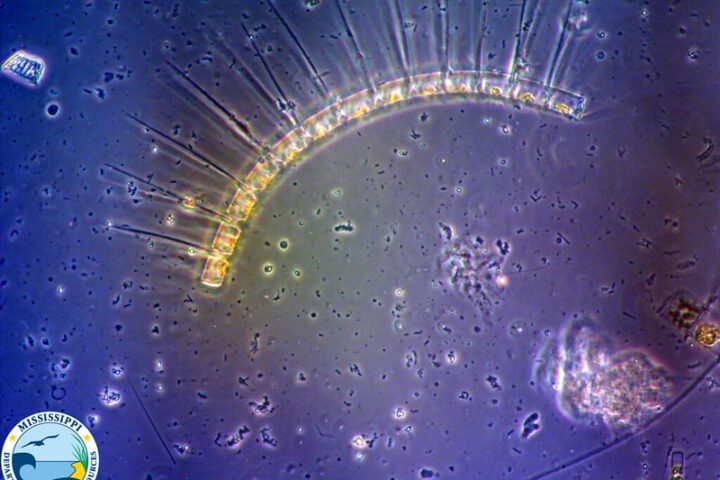Source: Firefly_Curiosity rover found organic molecules in Martian rocks, hinting at ancient life.
Organic molecules are being found in the Martian rocks, and at the same time, triggering an earthquake of excitement and speculation among the general public and the scientist community. In this respect, the very recent discovery from a published paper hints at the fact that the Red Planet could have once hosted life. Such would be the deeply evoking consequence, in that now extraterrestrial life can be a possibility, with intriguing questions on the origins and evolution of life in the universe.
The Search for Life Beyond Earth
Humans have been on an unending search to find some trace of life other than on Earth. Centuries have witnessed astronomers and scientists debating the very existence of extraterrestrial civilizations and other planets that are reputedly hosting living life. Mars, being much closer to Earth and having geological topography somewhat similar to Earth’s, has since long been a hot target for such missions.
The Curiosity Rover: A Mission to Mars
Launched in 2011, NASA’s Curiosity rover touchdown on Mars in the year 2012, assigned with the principal mission of exploring Gale Crater-a site chosen for its potential to reveal the geological history of the planet and its habitability. Among the suite of scientific instruments carried by the Curiosity rover was the Sample Analysis at Mars-SAM-instrument. Equipped with it, Curiosity has been on the task of collection and analysis of Martian rocks and soil samples in search of signs of past or present life.
Discovery of Organic Molecules
Recently, a team of researchers reported in the journal Science that they had found evidence of organic molecules in Martian rocks analyzed by the Curiosity rover. Organic molecules are a fundamental ingredient for life as we know it on Earth and were found in sedimentary rocks that formed billions of years ago. This is a strong piece of evidence that the conditions of ancient Mars would have supported life.
Organic Molecules – What are they?
Organic molecules are chemical compounds that contain carbon atoms bonded to other elements such as hydrogen, oxygen, nitrogen, and sulfur. They are literally the quintessence of life as we know it: they form proteins, nucleic acids, carbohydrates, and lipids. The detection of organic molecules on Mars is considered a major milestone because such detection supports the belief that raw materials for life may have existed on other planets in our solar system.
Implications of the Discovery
The discovery of organic molecules on Mars has serious implications for our understanding of the universe and whether other forms of life were or are present in places other than Earth. Some of the questions that will arise include whether Mars was hospitable in the past and if the molecules that were detected really were organic molecules.
Could life have evolved on Mars? If Mars was indeed hospitable, it would not be unwarranted to assume that life may have evolved and evolution would have occurred on the planet.
Are there other habitable planets in the universe? The detection of organic molecules in the Martian increases the likelihood that other planets in our solar system and elsewhere may be habitable as well.
Missions to Mars in the Future
In this way, organic molecules’ detection on Mars has really accelerated the search tempo for life traces on the Red Planet. Future missions to Mars would involve research into those areas which, long ago, might have supported life due to the presence of lakes, riverbeds, and other water bodies. Such missions would employ the use of advanced biosignatures search technologies, signs of both ancient and present lives.
Search for Extraterrestrial Intelligence
But apart from searching for life traces that might have existed on Mars, scientists are also continuing their effort to detect ETI. The organic molecules detected on Mars throw up a tantalizing possibility that intelligent life might have evolved on the planet long ago. A number of projects like the SETI program is engaged in an active search for radio signals from an extraterrestrial civilization.
The Ethical Implications of Discovering Extraterrestrial Life
Discovering extraterrestrial life, either microbial or intelligent, would have enormous implications for ethical considerations. It would enhance another kind of understanding of our position in the universe and raise questions of how we relate to other life. There is an essential need to formulate international guidelines and protocols that ensure any contact with extraterrestrial life is undertaken in an appropriate and responsible manner.
Implication of Organic Molecules to Mars: A New Perspective to Life
The discovery of organic molecules in Mars does carry a great deal of implications concerning the understanding of the universe for any life apart from Earth. Some of the key questions that linger in the mind after the detection of organic molecules include:
- Was Mars ever habitable? Detection of organic molecules could prove that Mars, a long time ago, might have had conditions suitable for life.
- Could life have evolved on Mars? If Mars were indeed habitable, then life may well have started and evolved on the planet.
- Are there other habitable planets in the galaxy? The presence of organic molecules on Mars raises the possibility that other planets both within and outside our solar system are habitable.
The Habitability of Mars
Now, the variables that the scientists had to consider in order for them to assess whether ancient Mars was habitable or not, include an array: Water – liquid water is one of the must-haves for life as we know it. Evidence has suggested that once, Mars had ample liquid water such as lakes, rivers, and possibly even oceans.
- Atmosphere: It should have an appropriate atmosphere that would protect life from harmfully energetic radiation, as well as an appropriate temperature. An appropriate early atmosphere on Mars could have had a higher thickness and been Earth-like in nature; nevertheless, it has been lost due to the process of atmospheric escape.
- Energy source: Life needs a form of energy, which can be in the form of sunlight or geothermal heat. It is known that Mars receives lower radiation from the sun than Earth does, but it could have geothermal activity that was more active earlier in its history.
Origin of Life on Mars
If it was indeed habitable, then the possibility that life could have emerged is very real. The means by which life comes about remains unclear, and numerous theories about its origin have been proposed. One such theory is that life emanated from a “primordial soup” of organic molecules which were to be found on the planet. Another theory is that life may have seeded Mars via extra-terrestrial organisms.
The Search for Biosignatures
- In the quest for life on Mars, researchers search for biosignatures, or signs of life that might have lived a long time ago or still exist today. Biosignatures could be in a variety of forms:
- Organic Molecules: The existence of organic molecules, the carbon-based chemicals, such as amino acids and nucleic acids, which constitute the basis of life, would be a good pointer to life having existed on Mars.
- Fossils: Fossils of ancient microorganisms or other organisms that could have survived on Mars would be direct evidence for past life on the planet.
- Metabolic products: Living organisms may also produce metabolic products such as methane or oxygen.
Alien Intelligence may yet Exist
The discovery of organic molecules on Mars also opens up another exciting possibility that a form of intelligent life could have evolved on the planet long ago. Admittedly, there is no direct evidence for ETI, but again, it cannot be rejected outright, and initiatives such as the SETI program search actively for radio broadcasts from alien civilizations.
The Ethics of Finding Extraterrestrial Life
Such a discovery, microbial or intelligent, would have overwhelming implications for ethics and humankind. Essentially, this could provide a new understanding of one’s general place in the universe and how one should consider interacting with other forms of life. It thus follows that internationally, guidelines and protocols should be developed so that any contact with possible extraterrestrial life would be performed in a responsible and ethical manner.
Missions to Mars in the Future
The detection of organic molecules on Mars has increased the quest to find evidence of life on the Red Planet. Missions to Mars in future will be targeted at surveying those regions that might have been more conducive for life, such as ancient lakes and riverbeds. Advanced technologies are to be put to use in the search for biosignatures and also collection of samples for further analysis.
Impact of the Discovery on Humanity
Now, imagine the implications that could be produced by the findings of organic molecules on Mars. That would have huge implications for human beings in opening another era in space ventures and other scientific explorations, and launching new technologies for humankind in general.
The discovery of organic molecules in Mars is a milestone that might just change the way we comprehend the universe and our place in it. The magic day may well be in store as we proceed further with the exploration of the Red Planet and other bodies, when finally, we would be able to answer once for all whether we are alone in the cosmos.
Sources:
- https://en.wikipedia.org/wiki/Life_on_Mars#:~:text=The%20discovery%20of%20organic%20compounds,of%20Gale%20Crater%20on%20Mars.
- https://phys.org/news/2022-07-ancient-life-mars.html
- https://www.lpi.usra.edu/publications/slidesets/marslife/

















